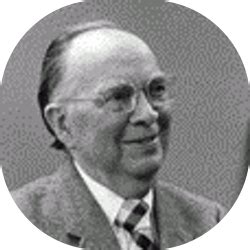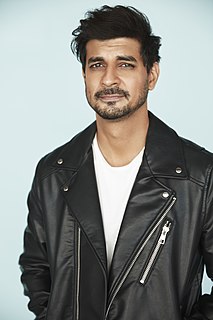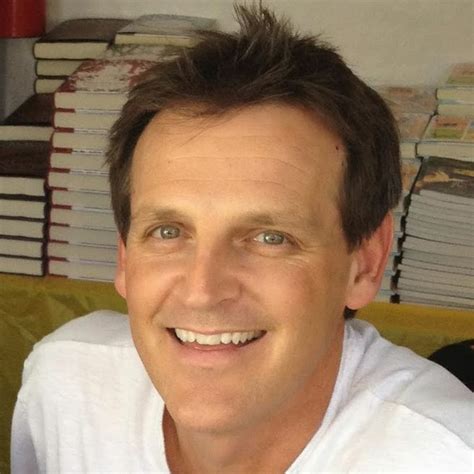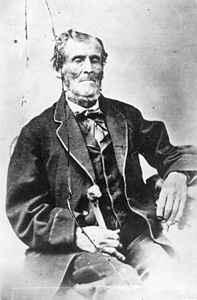A Quote by Kameron Hurley
Storytelling is a universal: every culture does it. There's a reason our religious books aren't simply a list of shall-and-shall-nots. Morals and teachings are contained in stories, which are studied, dissected, and passed down; we remember stories in a way we don't remember lists of facts.
Related Quotes
It is quite beyond me how anyone can believe God speaks to us in books and stories. If the world does not directly reveal to us our relationship to it, if our hearts fail to tell us what we owe ourselves and others, we shall assuredly not learn it from books, which are at best designed but to give names to our errors.
Are we to have a censor whose imprimatur shall say what books may be sold, and what we may buy? And who is thus to dogmatize religious opinions for our citizens? Whose foot is to be the measure to which ours are all to be cut or stretched? Is a priest to be our inquisitor, or shall a layman, simple as ourselves, set up his reason as the rule of what we are to read, and what we must believe?
I remember how as I kid I would love stories of every kind - whether they were narrated in school or what I read in books. Storytelling would always appeal to me, I would take part in poetry reciting, dramatics, choreography and debates. There was this fascination for performance, which finally culminated in a professional sphere.
I do hereby assert and declare that in four years from the date hereof, every sectarian and religious denomination in the United States shall be broken down, and every Christian shall be gathered unto the Mormonites, and the rest of the human race shall perish. If these things do not take place, I will hereby consent to have my hand separated from my body.
Few people ask from books what books can give us. Most commonly we come to books with blurred and divided minds, asking of fiction that it shall be true, of poetry that it shall be false, of biography that it shall be flattering, of history that it shall enforce our own prejudices. If we could banish all such preconceptions when we read, that would be an admirable beginning.
My real purpose in telling middle-school students stories was to practice telling stories. And I practiced on the greatest model of storytelling we've got, which is "The Iliad" and "The Odyssey." I told those stories many, many times. And the way I would justify it to the head teacher if he came in or to any parents who complained was, look, I'm telling these great stories because they're part of our cultural heritage. I did believe that.
Storytelling is how we survive, when there's no feed, the story feeds something, it feeds the spirit, the imagination. I can't imagine life without stories, stories from my parents, my culture. Stories from other people's parents, their culture. That's how we learn from each other, it's the best way. That's why literature is so important, it connects us heart to heart.






































